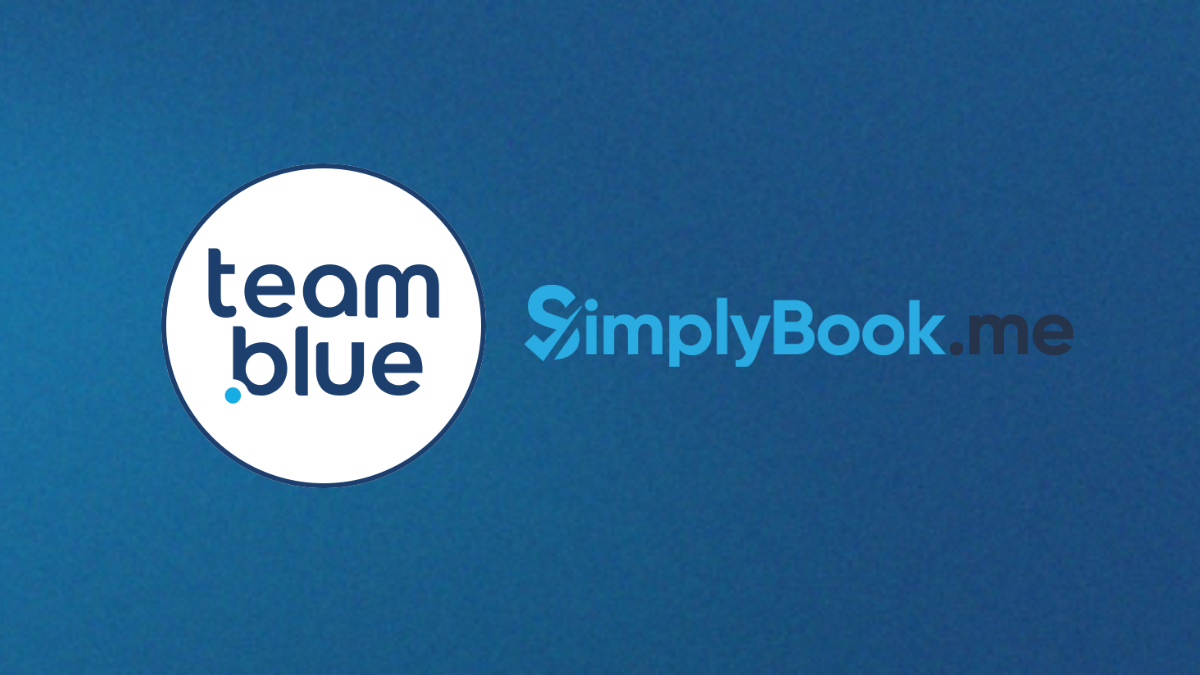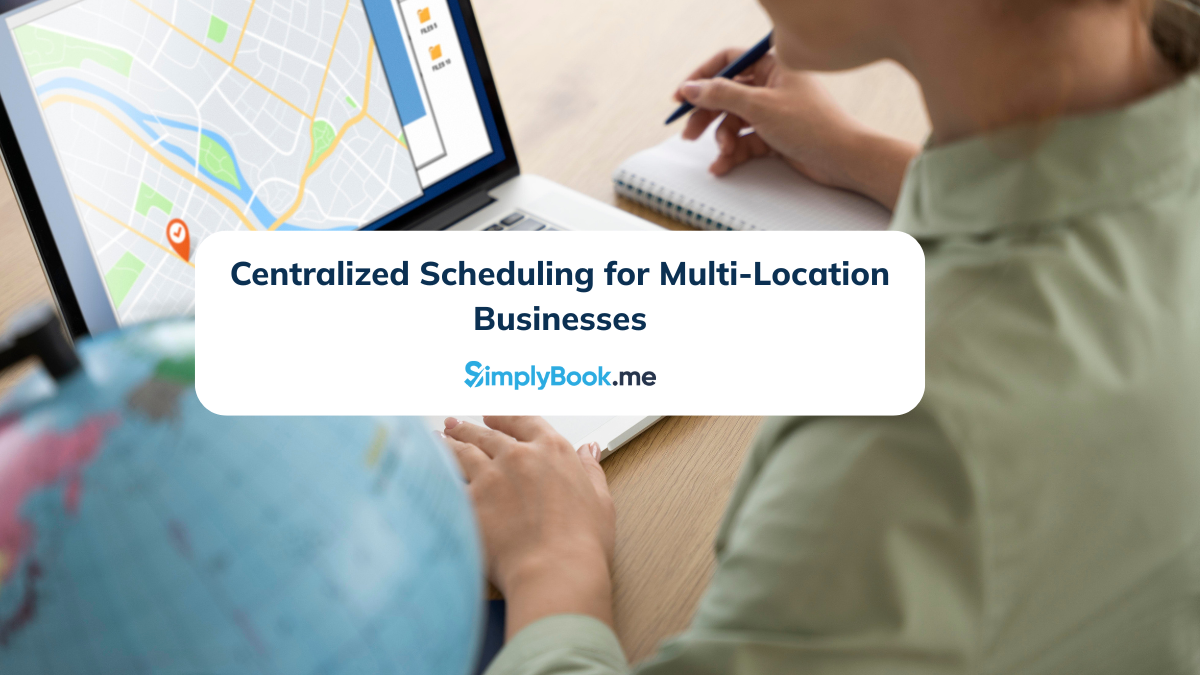Online Buchungssysteme: Die Vor- und Nachteile aus der Sicht des Kunden

This post is also available in:
![]()
![]()
![]()
![]()
Introduction
Customer needs drive business development. No matter the industry or size of a company, it is always beneficial to cater to the customers‘ needs; to make their experience with your business as smooth, simple, and rewarding as possible. The modern customer prefers digital modes of communication and business interaction, meaning that investment in your digital presence is no longer optional but necessary. One of the key elements of the customer’s digital experience is the online booking systems available for any event, occasion, or appointment.
What is an Online Booking System?
In their simplest form, online booking systems are digital calendars that synchronize with a business’s availability. Customers can book an experience of some kind through these systems without interacting with anyone. You’ll likely have used many online booking systems when booking a table at your favorite restaurant or booking flights for a holiday.
The best booking systems are also business management solutions, complementing a 24/7 digital booking portal for the customer with a host of other features, including (but not limited to):
- Email reminder systems to reduce no shows
- Easy canceling and rescheduling for customers
- Synchronized calendars to avoid double bookings
- Cross-platform compatibility
- Options to sell membership subscriptions or offer additional services such as other classes, events, or waiting lists during the booking process
- Ability to process payment or deposit from the customer at the time of booking
- Collection of necessary client information upon booking (including data protection) for intake form fulfillment
- Google search optimization
- Analytical reports on all bookings to help you manage your company even better
- Display page for customer reviews to add valuable social proof
Online booking systems go much further than offering customers a means of booking your services online. As such, they can effectively improve and streamline myriad other aspects of how you do business.
For the customer, this also has significant benefits. By being able to pay, provide their information, select dates that they know synchronize to your calendar and receive reminder emails all with a few clicks, their experience is smooth, enjoyable, and less stressful.
Different types of booking (flights, stays, webinars, meetings, medical examinations)
When we think of booking online, we tend to think mainly of the digital calendars we’ve clicked on to book a table for brunch or to find the cheapest flights to a destination. However, you can tailor online booking systems to fit almost any business, regardless of size or industry.
When implemented correctly, customers can book an appointment with their doctor using the same UI (user interface) to schedule a meeting with their colleagues and reserve a spot on the tennis court at their local club. Streamlining customer service across the board is beneficial for all, which is why online booking system providers have ensured that their programs can be custom-fit to a host of professions in industries such as:
- Sports & Fitness: e.g. personal trainers and gyms
- Beauty & Wellness: e.g. barbers, spas, and nail salons
- Education: e.g. universities, colleges, libraries, and tutoring
- Medical & Health: e.g. GP clinics, dentists, acupuncture and counseling
- Public & Professional: e.g. lawyers, call centers, embassies, and consulates
- Events & Entertainment: e.g. photographers, restaurants, and event space rental
- Personal Meetings & Services: e.g. consultancy, cleaning, and pet services
- Driving: e.g. driving instructors and schools
Advantages
Now, let’s examine the advantages of online booking systems from the customer’s perspective.
Fast and secure booking is available 24/7
When you confine customers to in-person booking or booking via phone, they can only book services, appointments, and experiences during a business’s opening hours. This can severely limit their ability to book and impact overall engagement.
On the contrary, online booking systems offer customers the ability to book any time, any place, whenever they want to.
What’s more, the booking process is fast. The calendar already synchronizes with the business’s, so the customer knows immediately which slots are available and which are not. They only need to select a slot, enter their contact and (sometimes) payment details, and complete the entire process.
On top, online booking is secure, and it follows data protection regulations.
Better customer support
More than 55% of all consumers now prefer to use live online web chat customer service wherever it is available. Mimicking the act of messaging back and forth with friends via instant messaging apps, digital customer service solutions make customers feel comfortable. Moreover, they don’t have to spend long on hold in a queue to speak to a customer service agent.
Online booking systems make it incredibly straightforward for customers to change or amend their booking by themselves – again synchronizing and updating the business-end calendar simultaneously. Suppose they have any further queries or issues. In that case, integrated customer services tools like in-app live chat or online assessments are available for them to resolve these in a clear and timely fashion.
Integration on social media
Social media marketing has rightly become the buzzword of the 2020s. With nearly 60% of the entire world population on social media, the best way for businesses to reach their existing and future customer base is often through one of the Big Four: TikTok, Facebook, Instagram, and Twitter.
As part of the all-in-one package presented by online booking systems, customers can make a booking in a few taps whilst scrolling their feeds. This is thanks to the booking system integration into the business’s social media pages. This makes booking easier for customers because they don’t need to go through a separate web page.
Add your link to your email
Certain online booking services offer email automation and customization features which can enhance the customer’s experience. Customers can stay abreast of a company’s updates and upcoming events. Thus ensuring they don’t miss out on anything.
Moreover, customer bookings can be supplemented via these integrated email features. For example, hosting and scheduling events and live or evergreen webinars, sharing booking links, or adding a CTA in the email signature provides customers easy access to the tools they need for an optimal experience.
Reviews
With the rise of advertising, the average customer is more cautious than ever before when it comes to claims made by businesses and marketing teams. They will trust the word of another customer before anyone else. Online booking systems may also allow customers to post reviews of the business on the business’s website once their booking has passed. You can also prompt a customer to do so via an email notification.
Positive in-app or online customer reviews build your business’s credibility over time and improve the customer’s experience. Thus giving them the comfort and security of trust in the business to fulfill their needs and meet their expectations.
Disadvantages
Naturally, there are a few disadvantages to online booking systems which are also worth considering.
Requires internet access
By their nature, online booking systems require customers to have access to the internet. At the same time, over 60% of the world’s population has access to the internet. However, that’s not to say that everyone does, which is why it’s a good idea to provide an alternative booking option in addition to the online one.
Can come at a cost
Online booking systems inarguably improve the customer’s booking experience. However, there is a chance that they also come at a slightly higher cost to the customer. Online booking system providers may incur additional charges, either to the customer or business, in the form of fixed fees or a percentage fee per booking. A good example is the fees incurred by food delivery apps like Deliveroo. Typically, these additional costs are negligible, or the customer is happy to pay them in exchange for a streamlined and reliable booking experience.
Downtime, issues, maintenance
Being digital means that, on occasion, the online booking system may experience connectivity or synchronicity issues. However you do your maintenance, it will require downtime.
These downtimes tend not to last long, or you deliberately schedule them far enough in advance and at low-traffic times so that they do not affect customers. Downtime is another reason why it is good to have a manual booking option available alongside the online portal.
Final Thoughts
Online booking systems are the way of the future. Customers are moving more and more toward a fully-online business interaction model. Online booking is an important facet of their experience.
Whilst there are potential cons to online booking systems concerning the customer experience, the pros vastly outweigh them. Moreover, an additional, analogue booking mode (such as by phone) can often negate them.
If you’re interested in learning more, visit SimplyBook.me to explore business tips and case studies of businesses using an online booking system.
Author Bio
Radostin Anastasov is the Content and Digital PR Manager of ThriveMyWay. He has acquired his marketing and PR experience across various industries, such as AI, finance, and communications. When he’s not busy writing, he plays basketball to rock music.
https://drive.google.com/file/d/1NHwUfWdWYucHrka-j22K3neYbLWUi7Wf/view?usp=sharing



Comments
0 commentsNo comments yet